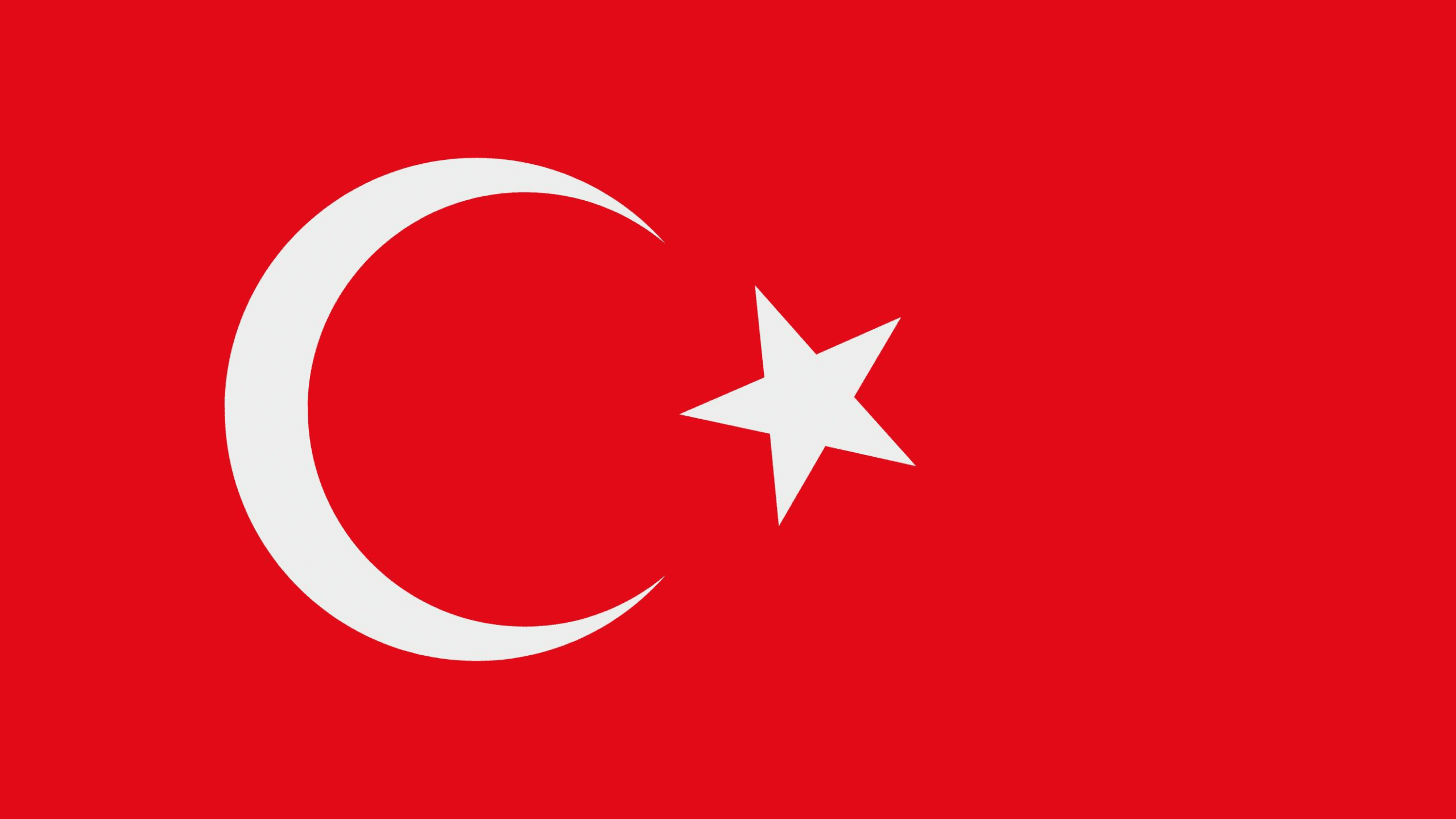Turkish Translation

Turkish Translation and Localization
TrueLanguage offers timely, precise Turkish translation and localization services. We can handle virtually any type of translation project. Our team of professional linguists includes native speakers of Turkish and certified subject matter experts who can perfectly translate material following your exact specifications. We use cutting-edge translation and project management tools and follow ISO 9001 standards, guaranteeing efficient, high-quality, and authentic results.
Türkçe İngilizceden
Language Facts and Information
Turkish Snapshot
Turkish is the thirteenth most spoken language in the world, with speakers in three countries: Turkey, Cyprus, and Azerbaijan. The language is written using the Latin alphabet, which replaced the Perso-Arabic alphabet in 1928. Although modern standard Turkish is based on the Istanbul dialect, regional variations or dialects persist. Despite this, the standard Turkish used in mass media and education since the 1930s has had a leveling influence. Turkish dialects are still being investigated by universities and the Turkish Language Association, with ongoing work to compile and publish a comprehensive dialect atlas of the language.
Turkish Facts and Trivia
Where it’s Spoken
Turkish is spoken by over 80 million people worldwide, making it the thirteenth most spoken language in the world. It is the official language of Turkey and is also spoken in Cyprus and Azerbaijan. In addition to its official status, Turkish is recognized as a minority language in several countries, including Greece, Iraq, and Bulgaria. The language has a rich history and a unique linguistic structure that sets it apart from other languages spoken in the region.
Global Statistics
Although primarily spoken in Turkey, Turkish is also spoken in countries such as Germany, Bulgaria, Azerbaijan, and Cyprus. It serves as the official language of Turkey and is also one of the official languages of Cyprus and Northern Cyprus. The Turkish language underwent significant changes in the 20th century, including the introduction of the Latin alphabet in 1928 as part of language reforms under Mustafa Kemal Atatürk. Turkish is a member of the Turkic language family, including other languages spoken in Central Asia, such as Azerbaijani, Turkmen, and Uzbek.
Impact of Turkish Worldwide
The Turkish language has had a significant impact on the world, both historically and culturally. As the official language of the Ottoman Empire, Turkish was spoken throughout much of Europe, the Middle East, and North Africa. It played a crucial role in the spread of Islamic culture and civilization. The Ottoman Turks were also responsible for preserving and transmitting many ancient Greek texts, which were translated into Turkish and distributed throughout the empire. Today, Turkish is spoken by over 80 million people worldwide, and it is an official language in Turkey, Cyprus, and Northern Cyprus. Turkish culture has also had a significant influence on the world, particularly in the areas of art, music, and cuisine. Turkish cuisine, for example, is renowned for its rich flavors and use of fresh ingredients and has inspired many popular dishes and cooking techniques around the world. Overall, the Turkish language and culture continue to be an important part of the global community.
Regional Variations
In Turkey, various Turkish dialects are spoken by immigrants from Rumelia, including Ludogorie, Dinler, and Adakale, which are influenced by the Balkan sprachbund. Cypriot Turkish, known as Kıbrıs Türkçesi, is spoken by Turkish Cypriots, while Edirne and Ege are dialects spoken in their respective regions. Yörük, a dialect spoken by the nomadic Yörüks in the Mediterranean Region of Turkey, is distinct from the Balkan Gagauz Turkish spoken by the Yuruk nomads of Macedonia, Greece, and European Turkey. The Meskhetian Turks living in Kazakhstan, Azerbaijan, Russia, and Central Asia also speak an Eastern Anatolian dialect of Turkish, originating in the areas of Kars, Ardahan, and Artvin. Orta Anadolu is spoken in the Central Anatolia Region, and Karadeniz, represented primarily by the Trabzon dialect, exhibits Greek influence in phonology and syntax. Kastamonu is spoken in Kastamonu and surrounding areas, while Karamanli Turkish is spoken in Greece and serves as the literary standard for the Karamanlides.
Origin and History
The three monumental Orkhon inscriptions, erected to honor the prince Kul Tigin and Emperor Bilge Khagan, are the earliest known Old Turkic inscriptions. These inscriptions were discovered by Russian archaeologists in the wider area surrounding the Orkhon Valley between 1889 and 1893. They date back to the Second Turkic Khaganate, which is dated to have existed between 682–744 CE. It was established that the language on the inscriptions was Old Turkic, which was written using the Old Turkic alphabet. This script has also been referred to as “Turkic runes” or “runiform” due to its superficial resemblance to the Germanic runic alphabets.
Summary
Since the Turkish language is constantly evolving, you must have informed and highly experienced professional linguists for producing accurate and culturally appropriate translations. At present, Turkish features approximately 316,000 words and adopts numerous new words each year. Will you need a Turkish translation that will easily be understood in all regions where the language is spoken? Or do you rather require a regionally specific translation? Select either our TrueGlobal or LocalVoice approach as appropriate.
Consider a Partnership with TrueLanguage
Are you looking for a partnership with a language service provider? If so, you may wish to consider TrueLanguage. We offer ISO-Certified state-of-the-art business translation services that are on budget, on time, and to your exact specification. Every time. Or perhaps you’re just looking for a cost-free, no-obligation estimate for your next translation project. Either way, we’d love to hear from you!


